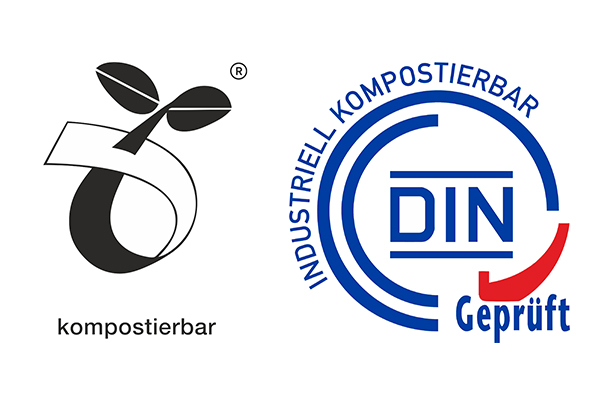
The cooperation between the new spin-off of the Oldenburg chemical company BÜFA Thermoplastic Composites and Cordenka is in full swing. They achieved another success: the cellulose-based natural fibres produced by Cordenka have received confirmation of their biodegradability from TÜV Rheinland. The certifications confirm that Cordenka’s multifilament yarns are biodegradable in industrial and natural environments, i.e. in soil and compost.
For the certification, different properties were tested, such as metabolism and disintegration under industrial composting conditions. In addition, the tests showed that there was no ecotoxicity.
‘Cellulose regenerated fibres, also known as rayon fibres, are an environmentally friendly alternative to synthetic reinforcing fibres made of conventional plastics or glass. Many everyday articles, which would actually be biodegradable, contain a small amount of non-biodegradable fibres. These can be replaced by rayon’, explains Dr. Kurt Uihlein, CEO of Cordenka. ‘This is why the compostability of our rayon fiber, which is now also certified, is an important property’, continues Uhilein. The fiber, which is based on natural cellulose, is used as a reinforcing material. “Cellulose regenerated fiber is also interesting for use as a raw material for components made of thermoplastics, because the particularly high-quality fibers increase the impact strength,” confirms Dirk Punke, Managing Director of BÜFA Thermoplastic Composites. The two companies are partners from the beginning: BÜFA Thermoplastic Composites sells the technical multifilament yarns, also in the form of fabrics, in thermoplastic application areas.
Cordenka, headquartered in Obernburg, Germany, produces over 50 percent of the global demand for industrial rayon, which is also processed into cords and fabrics. The spinning mill has an annual capacity of 32,000 tons.
Would you like more detailed information about our multifilament yarns?